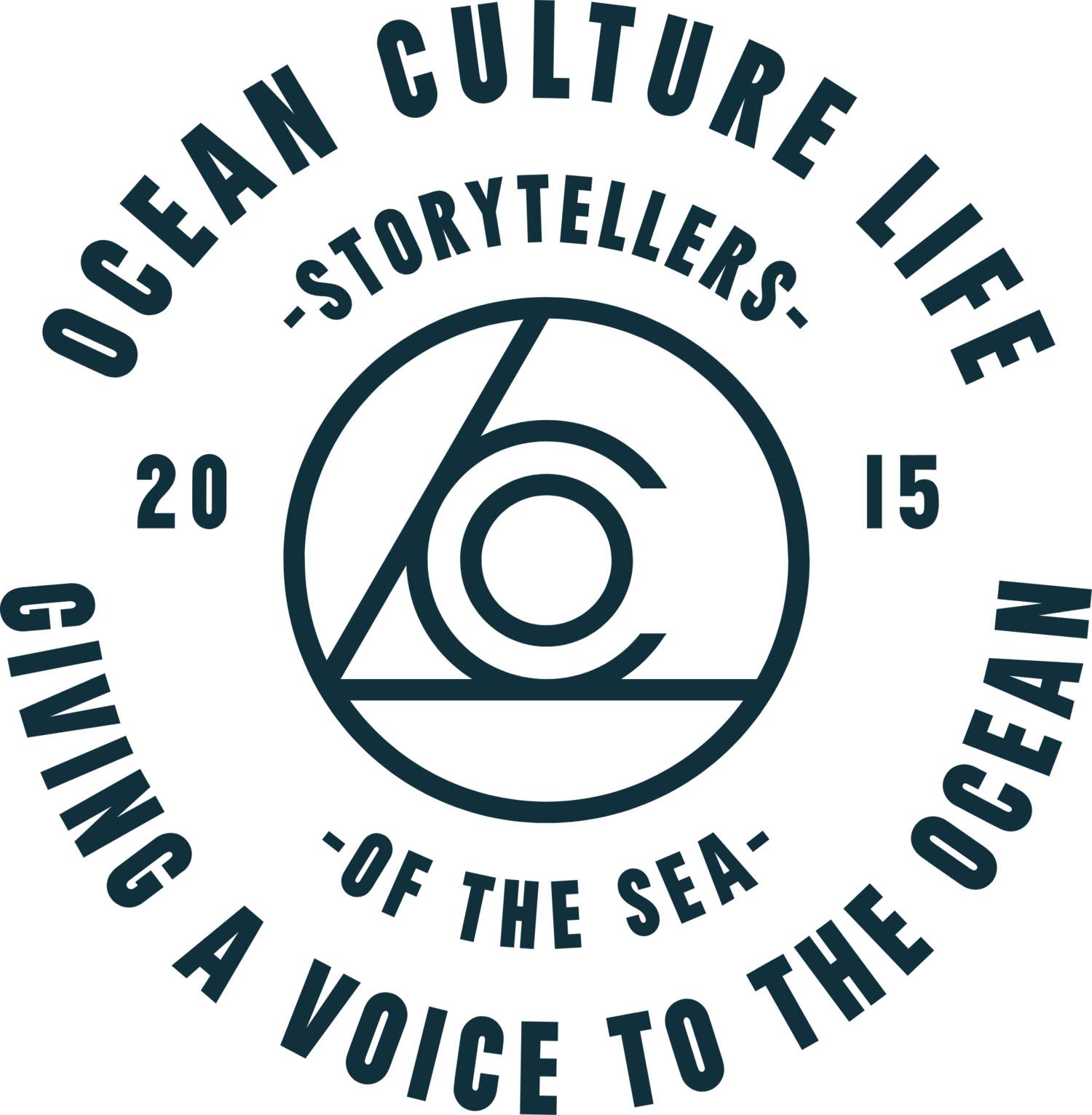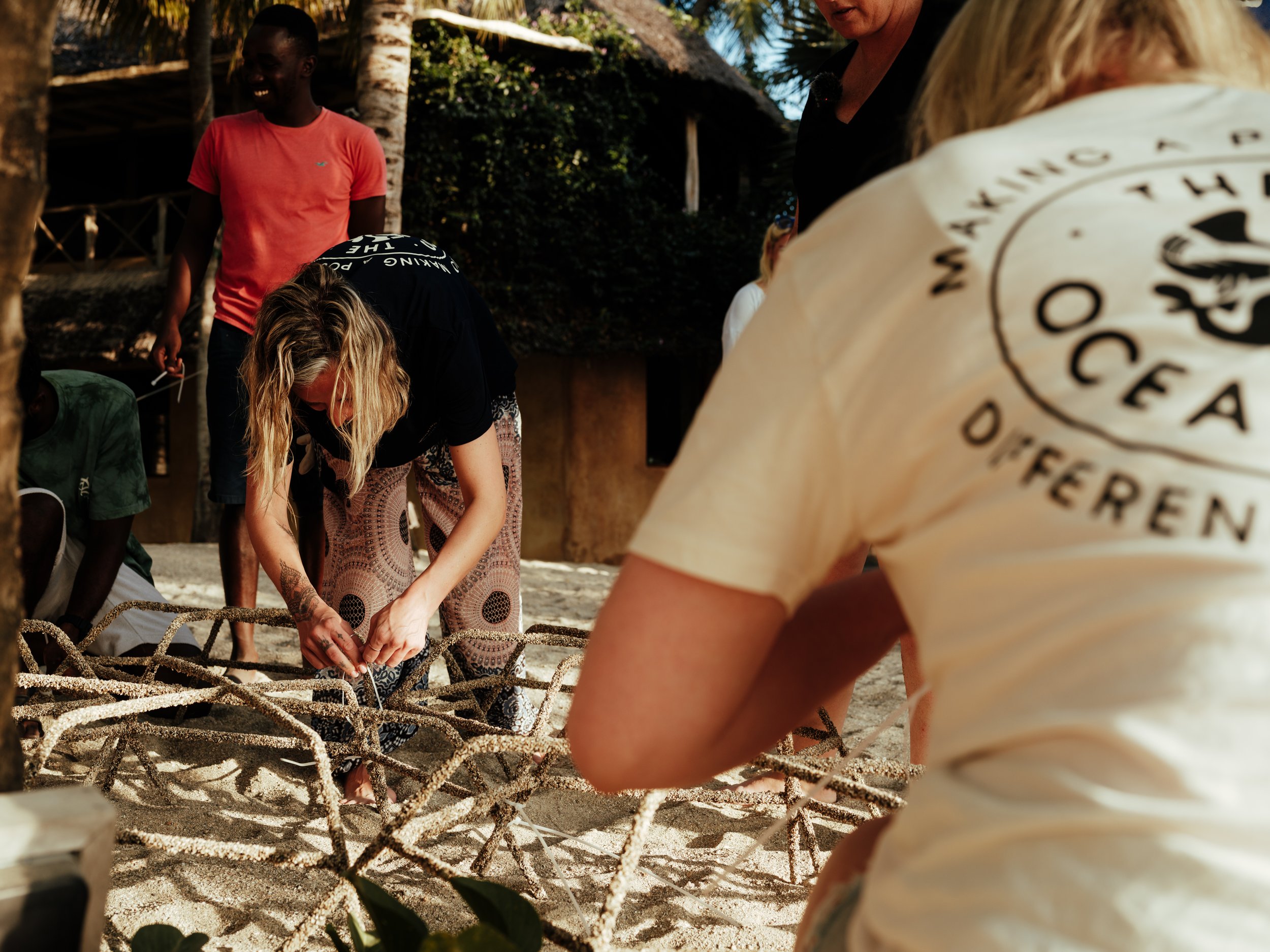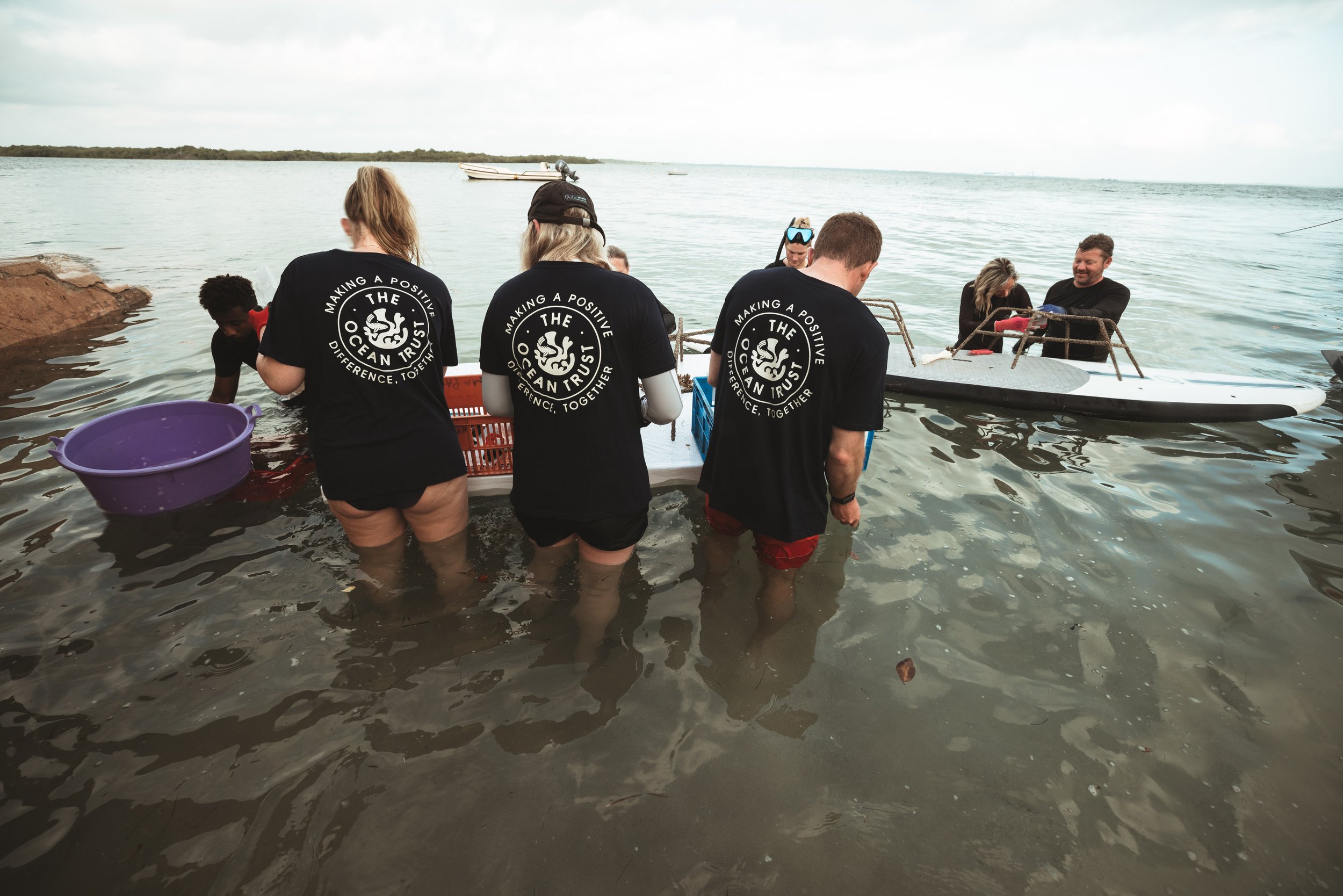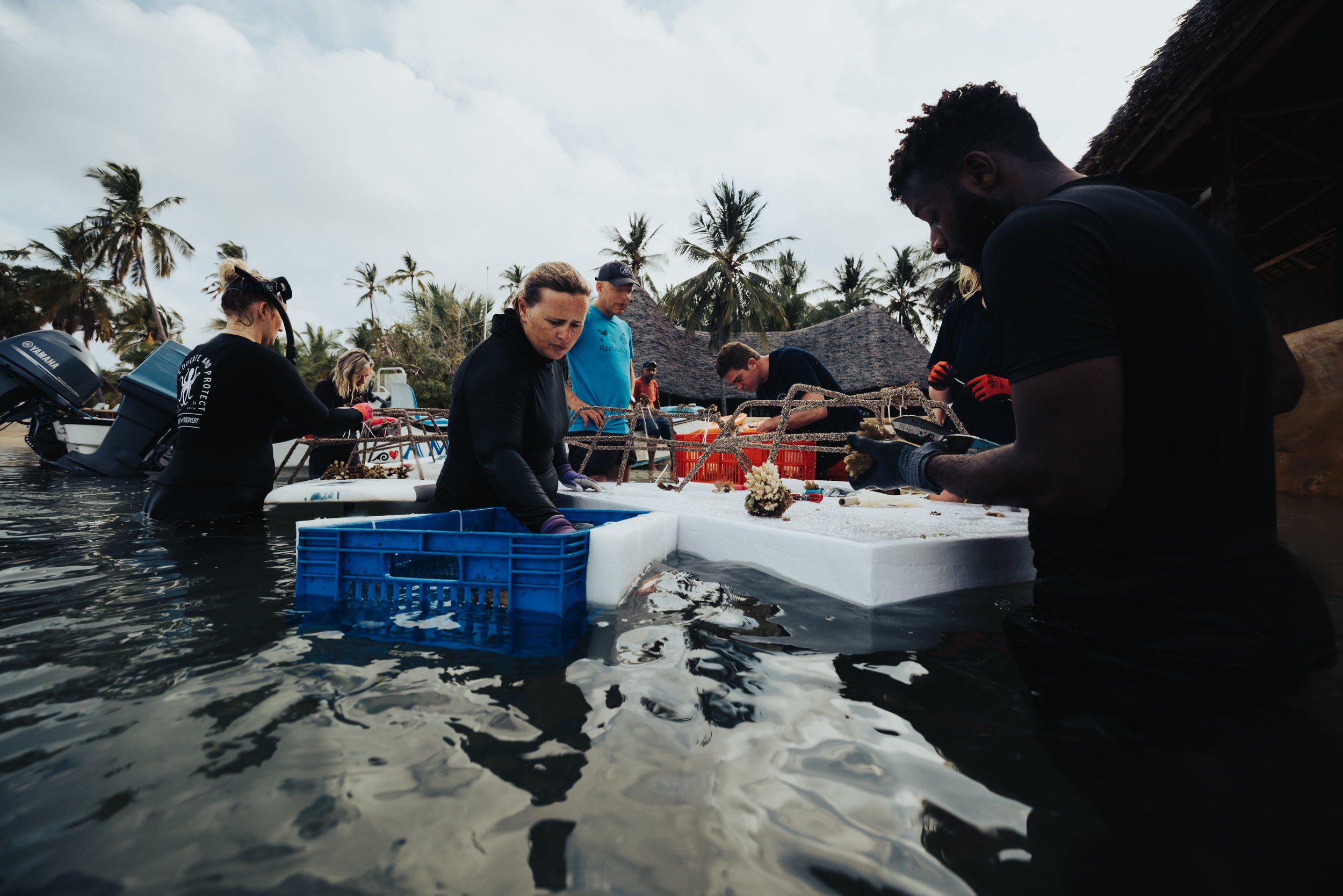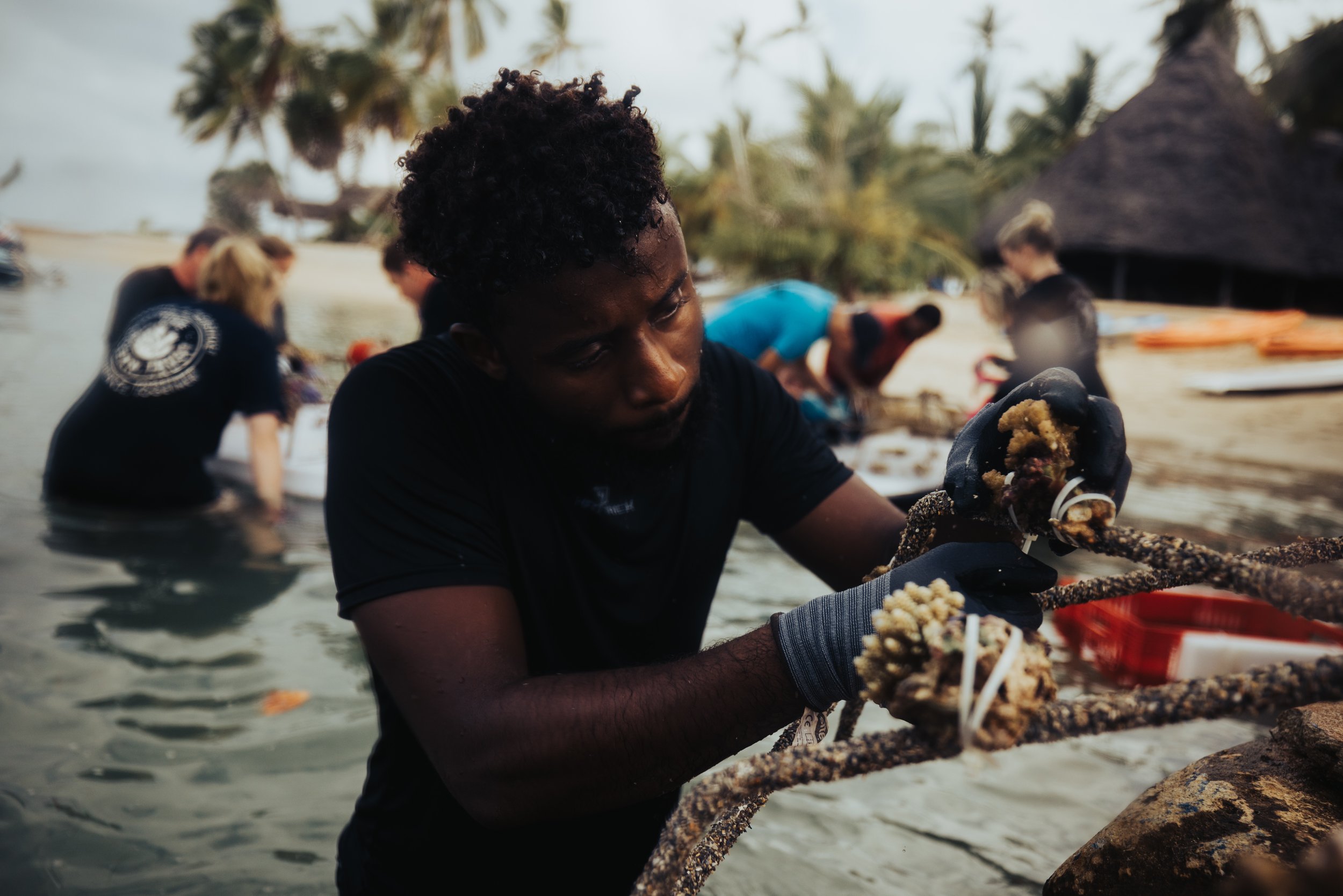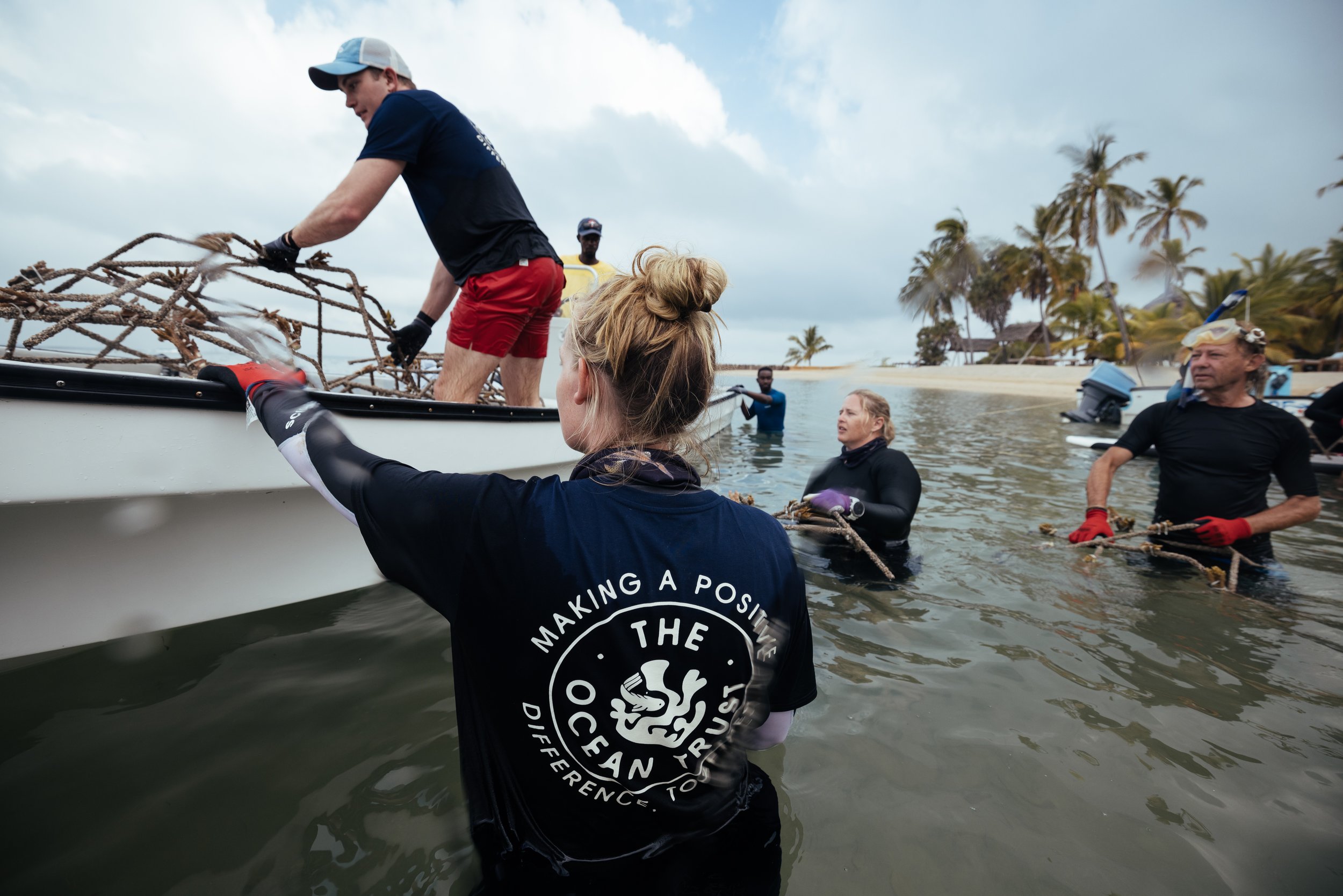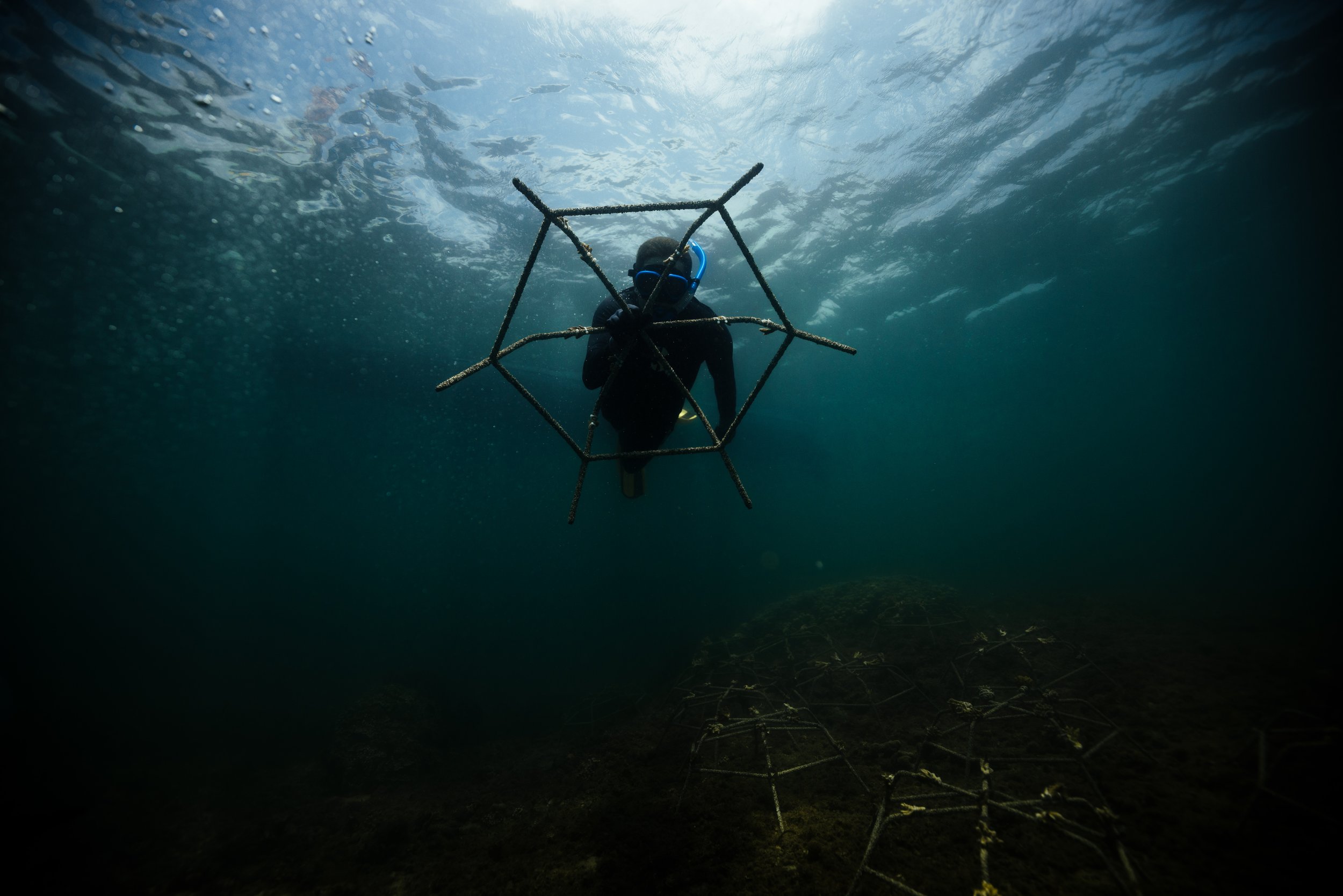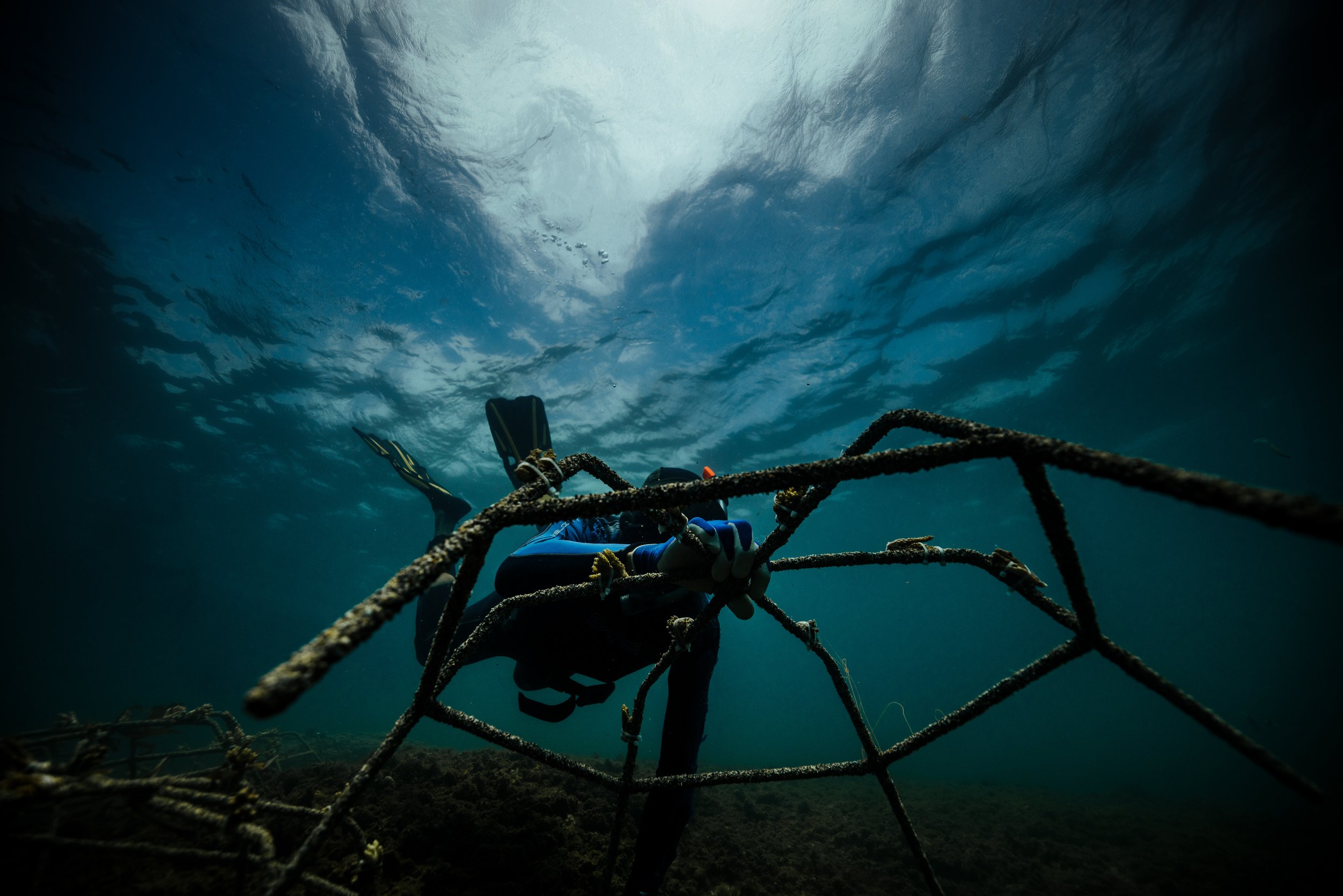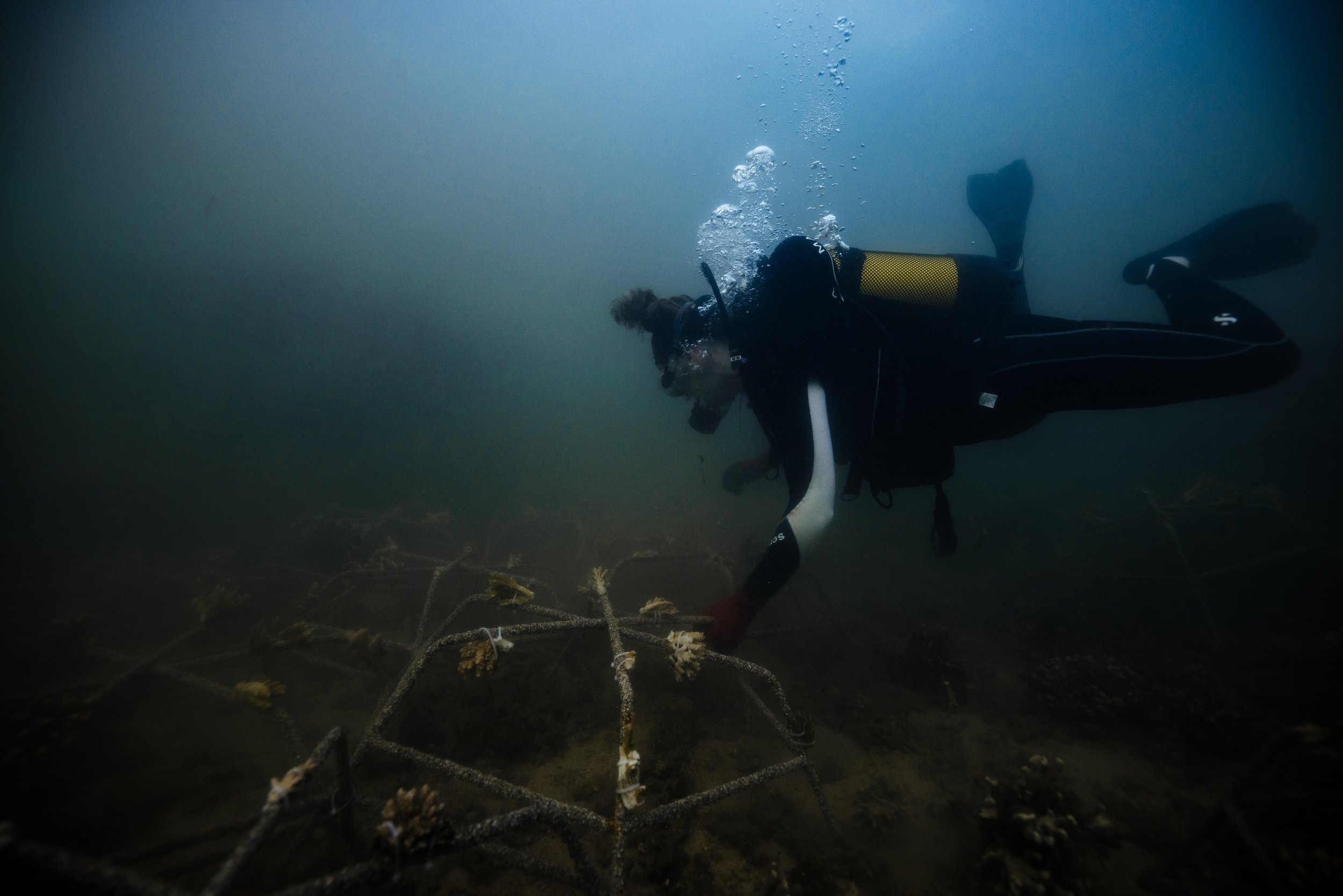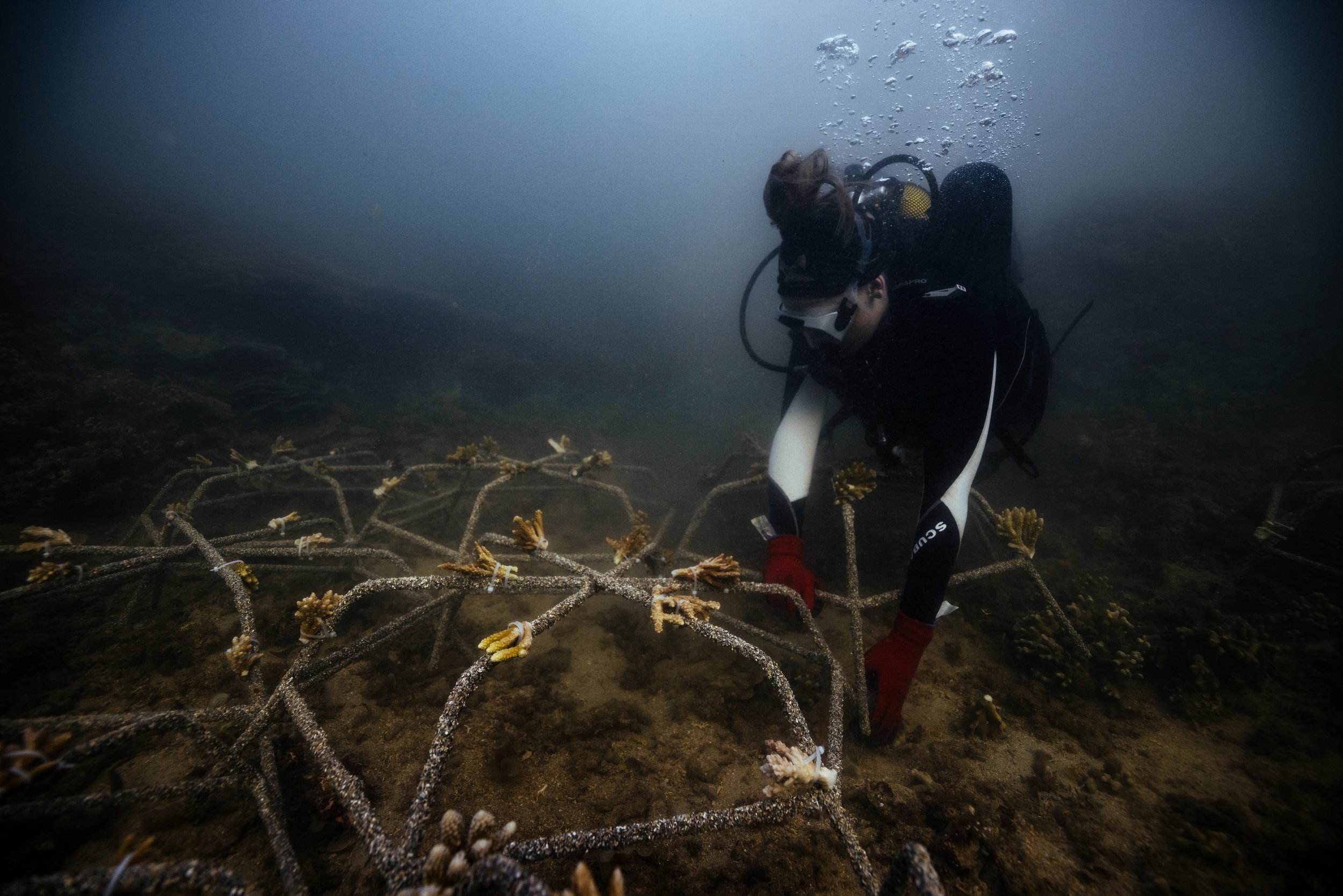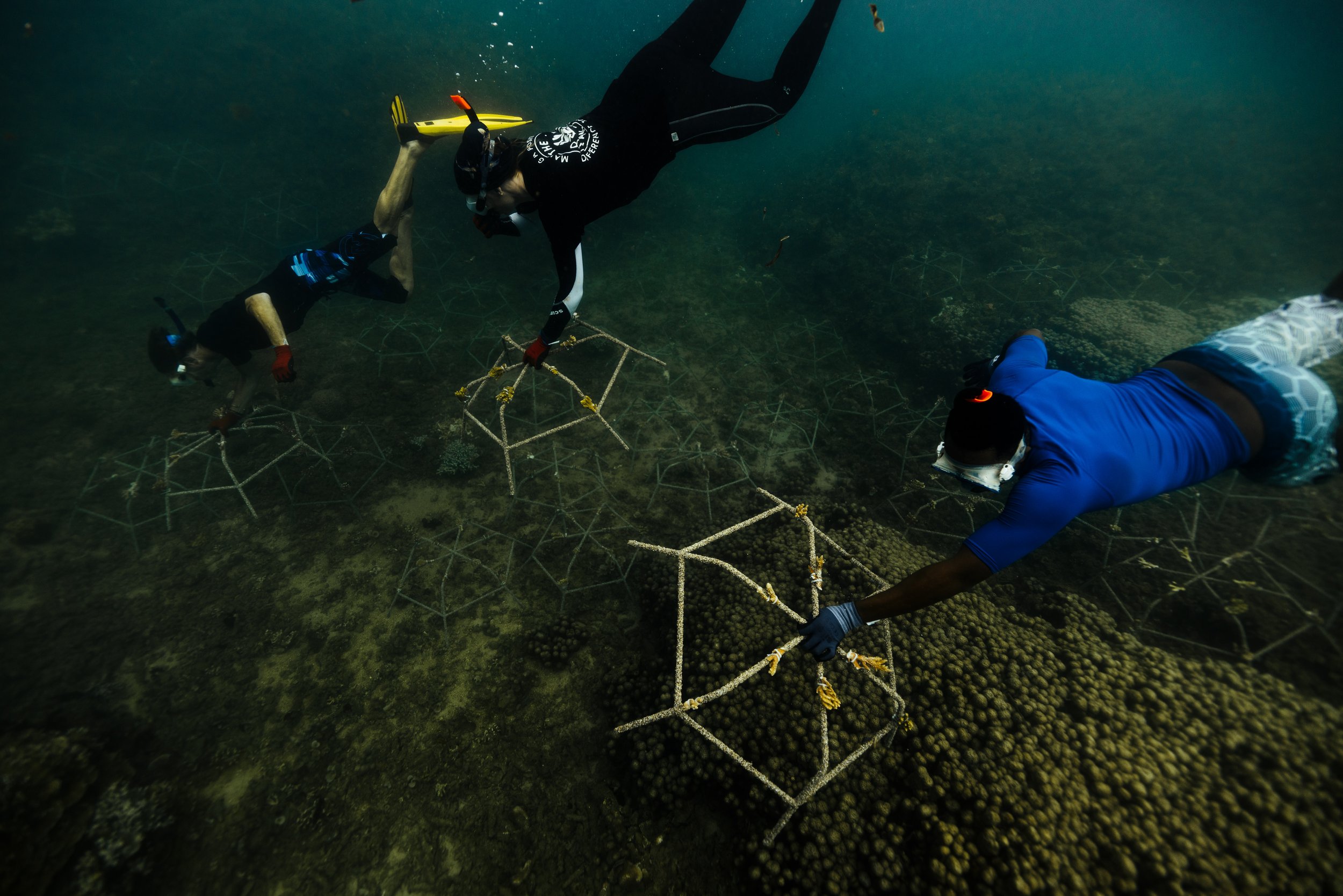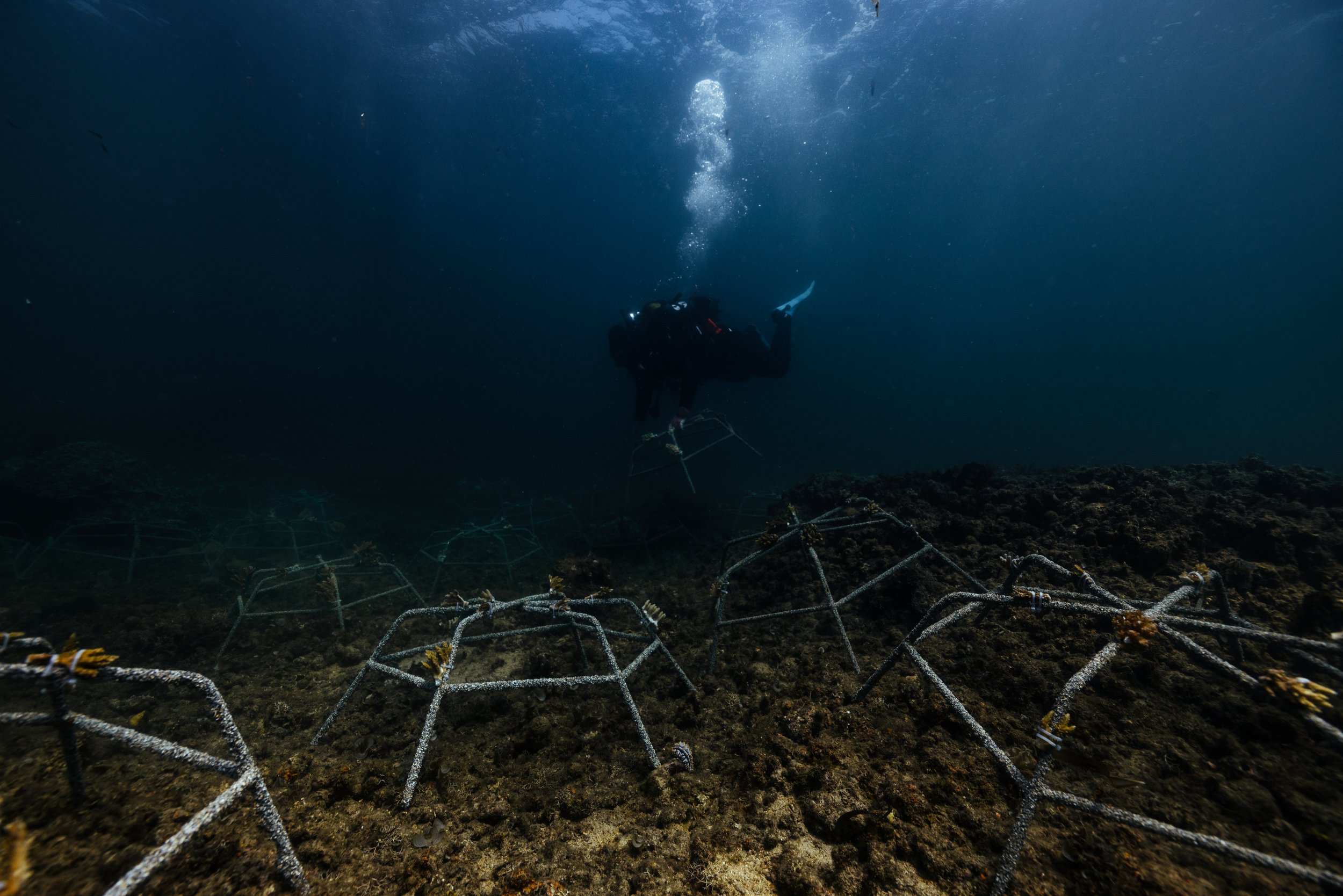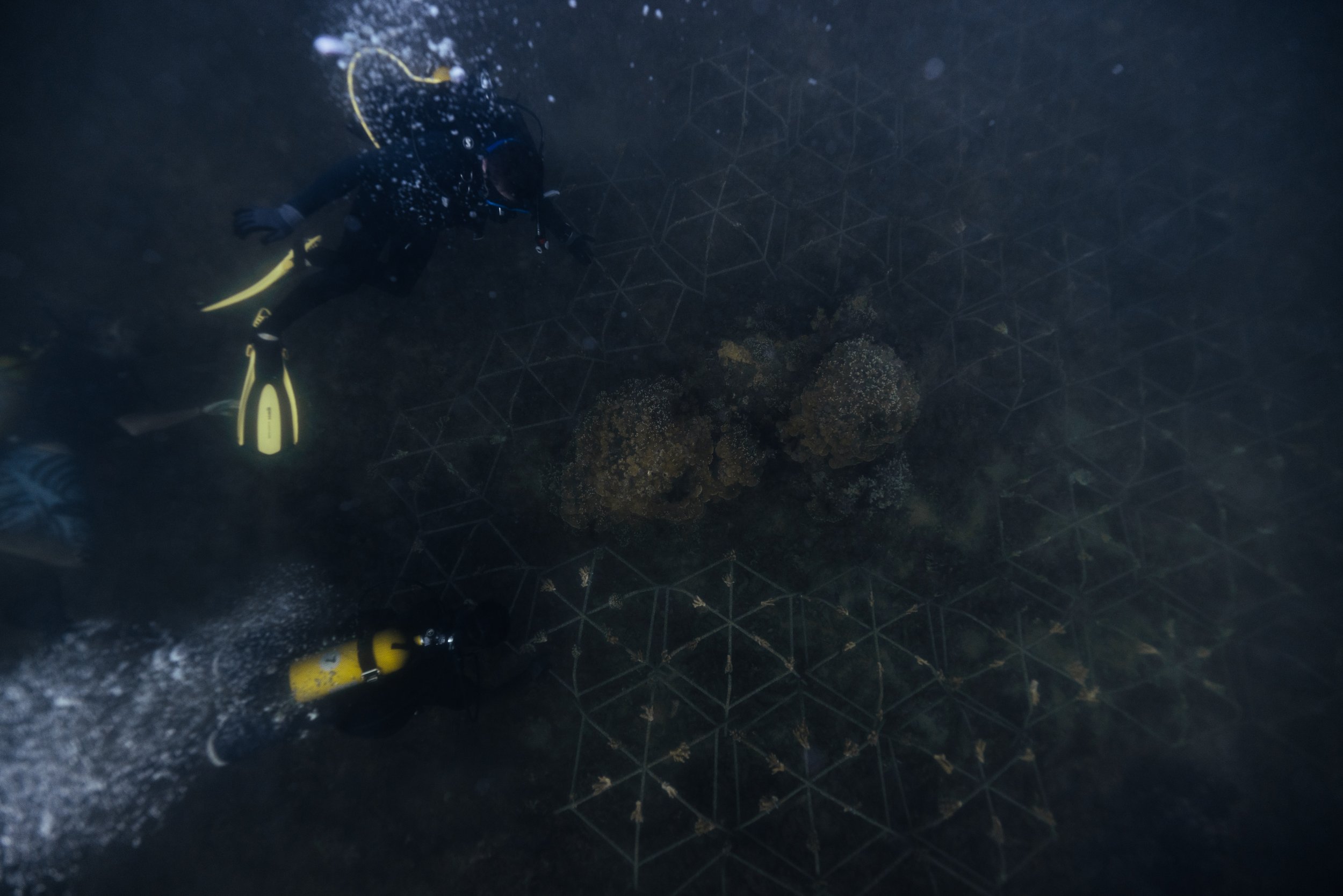The Ocean Trust Partners up with the marrs initiative
The Ocean Trust is on a mission to rebuild and restore dying reefs along the East African coast, starting in the Lamu Archipelago of Kenya.
The Ocean Trust
The Ocean Trust works with their local communities to implement successfully tried and tested, scientifically proven restoration methods on our degraded reefs.
The Ocean Trust has partnered with Mars Sustainable Solutions who for over a decade, in partnership with local communities, scientists, businesses, NGOs, and governments, have been developing and implementing a simple solution to help restore damaged coral reefs globally.
This solution, referred to as MARRS (Mars Assisted Reef Restoration System) is a holistic approach to reef restoration and is centered around a hexagonal steel structure called the Reef Star.
Working in teams, Reef Stars are deployed in extensive webs to stabilize loose coral rubble and provide a platform for coral to grow. At its most effective, the MARRS method can transform heavily degraded rubble fields into healthy coral-dominated ecosystems within a few years.
To achieve the scale of restoration our vital coral reefs need, Mars Sustainable Solutions is training restoration practitioners worldwide to build a global network of competent reef builders. The Ocean Trust has joined this network to become part of the largest restoration programme in the world.
Why Protect Coral Reefs?
Coral reefs are not just beautiful underwater landscapes, they are incredibly important ecosystems that support a wide array of marine life and provide numerous benefits to both humans and the environment. These vibrant and diverse habitats are often referred to as the "rainforests of the sea" due to their incredible biodiversity and ecological importance.
One of the main reasons why coral reef ecosystems are so important is because they provide a home and refuge for countless species of marine life. Coral reefs are like bustling cities, teeming with a vast array of fish, crustaceans, and other organisms. They offer shelter, feeding grounds, and breeding areas for a wide range of species, many of which are not found anywhere else in the world. In fact, it is estimated that coral reefs support around 25% of all marine life, despite only covering less than 1% of the ocean floor.
Another reason why coral reef ecosystems are important is because they act as natural barriers against coastal erosion and storm damage. The intricate structures formed by corals help to dissipate wave energy, protecting nearby shorelines from the destructive force of storms and hurricanes. This is particularly vital for coastal communities, as it helps to prevent erosion, flooding, and property damage.
Coral reefs also play a crucial role in supporting local economies through tourism and fisheries. Many countries heavily rely on coral reefs for income generated from tourism activities such as snorkeling, diving, and boat tours. These vibrant underwater worlds attract visitors from all over the world who come to marvel at the beauty of the coral reefs and the incredible marine life that calls them home. Additionally, coral reefs are essential for the livelihoods of millions of people who depend on them for fishing and seafood resources. They provide a source of food and income for local communities, contributing to food security and economic stability.
